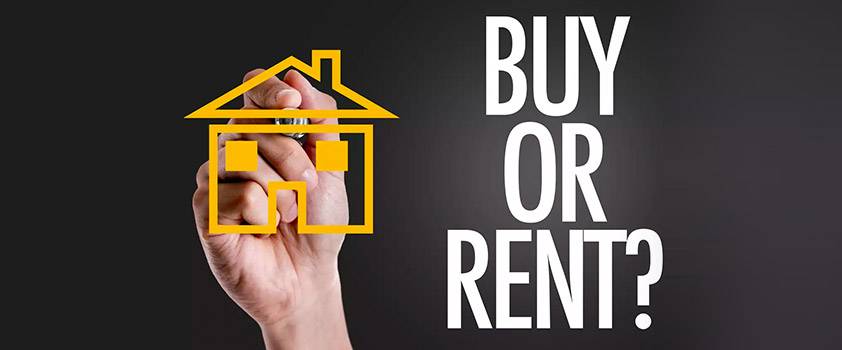
Renting vs. Buying a Home in Canada: Making the Right Choice
Choosing between renting and buying a home in Canada is a significant decision with long-term financial and personal implications. Both options come with unique benefits and challenges, making the right choice dependent on individual circumstances, including financial readiness, lifestyle preferences, and future goals. This guide explores the pros and cons of both renting and buying to help you make an informed decision.
Renting: Flexibility and Less Responsibility
Renting offers a range of advantages, especially for those seeking flexibility. One of the most appealing aspects of renting is the ability to move easily, whether at the end of a lease or with a month-to-month arrangement. This flexibility is particularly valuable for people whose jobs require relocation or those who do not wish to commit to one location for the long term.
Another advantage of renting is stable monthly payments, often with utilities included, which simplifies budgeting. The lease agreement clearly outlines the cost and services included, providing peace of mind. Furthermore, renters benefit from not having to worry about maintenance and repairs, as landlords typically handle these responsibilities, allowing tenants to focus on their day-to-day lives without the stress of home upkeep.
However, renting has its downsides. One significant drawback is that rent payments contribute to the landlord’s mortgage, meaning renters miss out on building equity. Over time, this can lead to feelings of financial instability as no long-term financial benefit is gained. Renters are also subject to potential rent increases, which may affect budgeting. Additionally, renting can feel temporary, and tenants might be required to move if the landlord chooses to sell or occupy the property.
Buying: Building Equity and Stability
Homeownership offers several advantages, including the opportunity to build equity. With each mortgage payment, homeowners increase their stake in the property, which can grow even more if the home’s value appreciates. This equity becomes a financial asset that can be leveraged for future investments or passed on to the next generation.
Owning a home in Canada also provides a sense of stability and security. Homeowners can lay down roots, make long-term plans, and personalize their living space without the fear of eviction. This permanence fosters a sense of community and pride, knowing the home is a long-term investment for both personal and financial growth.
Despite these benefits, owning a home comes with increased responsibility. Beyond the financial commitment of a down payment, mortgage payments, and closing costs, homeowners must also handle ongoing maintenance and repairs. Homeownership requires time and effort, with the added responsibility of managing utility bills, home insurance, and property taxes. If not budgeted for properly, these costs can become overwhelming and reduce savings.
The 5% Rule: Renting vs. Buying
A useful tool for comparing the financial impact of renting versus buying is the 5% Rule. This method calculates the unrecoverable costs of both options. Rent is considered unrecoverable since it does not provide long-term financial benefits. For homeowners, the unrecoverable costs include property taxes, maintenance, and mortgage interest, which together generally total around 5% of the home’s value.
For example, in Toronto in early 2024, the average rent for a two-bedroom condo was $3,329, while the cost of buying was $824,614. Using the 5% Rule, the annual unrecoverable cost of owning would be $41,230, or $3,435 per month—slightly higher than renting. In this case, renting may be more financially viable in the short term, though this may change as market conditions evolve.
Ultimately, the decision to rent or buy depends on your financial situation, personal goals, and long-term vision. It’s important to evaluate why you want to buy—whether it’s for personal reasons, family, or future financial growth. Many people choose homeownership despite the costs because it offers stability and the potential for wealth accumulation through equity.
Whatever you decide, carefully consider your current financial health and your goals for the future. Whether you rent or buy, understanding your reasons and ensuring you are financially prepared will help you make the best decision for your unique circumstances.



